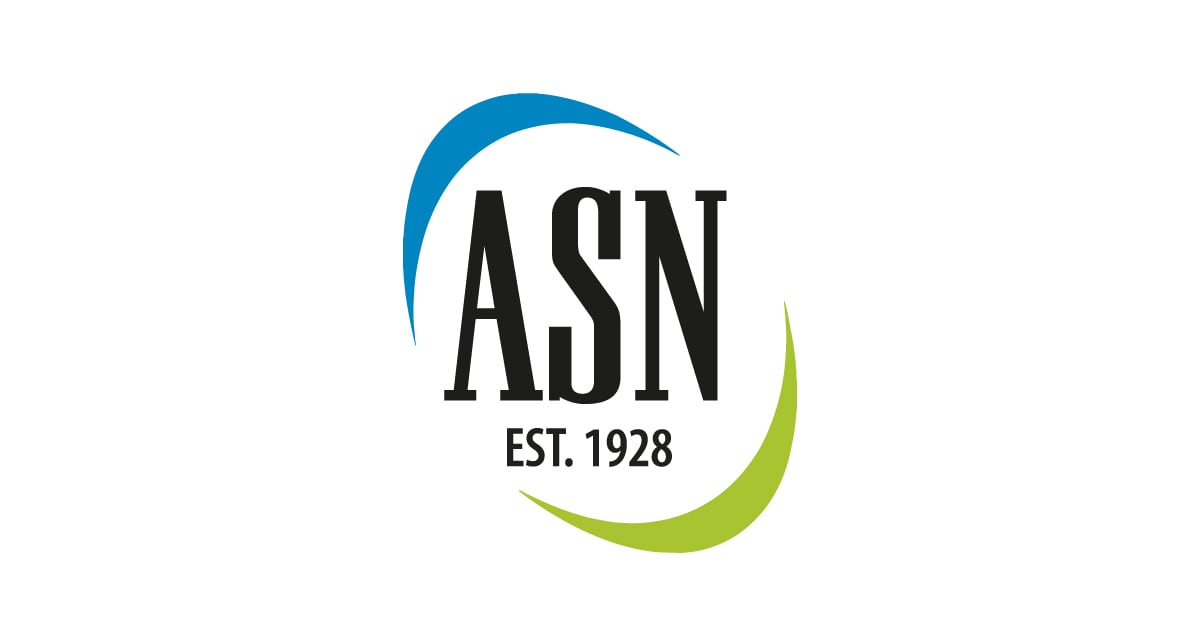By Brett Loman
Now more than ever before, the world of academic science is a competitive place. However, does the current environment promote good research? Could the current system from pipette to publication create an environment that incubates bad science? The pressure is on to produce high quality, impactful data in order to climb the academic pyramid, but why is this becoming the rule rather than the exception?
The obvious first place to point fingers is at the evaporating pool of funding. The NIH, a principal funding source for many of us in the life sciences, experienced a budget cut of 5% equaling $1.55 billion below the previous fiscal year. Concurrently, grant success rates dropped to a historic low of 16.8%. Approximately 10% of all submissions to journals are accepted, with top tier publishing groups such as Nature maintaining rates under 8%. Quality control (a very important part of the publication process) can be attributed to a large chunk of these rejections. However, like all businesses, profit and competition rule and questionable research still makes it through the overloaded and poorly regulated peer review process.
Under a publish or perish credo where deans and provosts often value quantity over quality, how likely is it for researchers to overexaggerate and tweak results? Given human nature, it doesn’t seem likely that an Olympic-sized group of inflated egos is going to play nicely in the kiddy pool. Should we then be pointing the fingers at ourselves and taking a good look in the mirror? Are these pressures leading to bad practice, and in turn, potentially misleading publications? In a world where the goal line is productivity and that line keeps inching forward, salami slicing, HARKing, positive result bias, cherry picking, and a whole tidal wave of biases are threatening to wipe out the credibility of science and the people who conduct it. What happened to the pursuit of knowledge being noble and objective? Who is to blame and how do we plug up the leak before it becomes a flood?
Certainly the competition isn’t going away anytime soon as the number of investigators continues to grow annually. Personally, it seems like a vicious cycle where every faction needs to take responsibility to amend the issues and hold themselves to higher standards. Passing higher values and standards on to the next generation of budding scientists is crucial.
The ASN symposium at Experimental Biology 2014 in April titled “Unscientific Beliefs about Scientific Topics in Nutrition” brought to light these higher values. It was reassuring to hear Drs. Andrew Brown (UAB) and Mark Cope (Solae) point out that these biases and poor practices were not going unnoticed. More importantly, they offered potential solutions. Dr. Brown discussed the importance of honestly reporting the results of other studies. Even if we dutifully report our results, we can only hope that other scientists do not misconstrue these outcomes or condemn us for them. Dr. Cope echoed a common theme raised throughout the session that accessible study registries and approval databases could help curb some of these unethical practices. The missing component in these talks was the role of current culture in publishing groups, which is why I have mentioned it here. Watch the recorded lectures from this session that struck a chord with me. I invite your personal comments and insights below!



